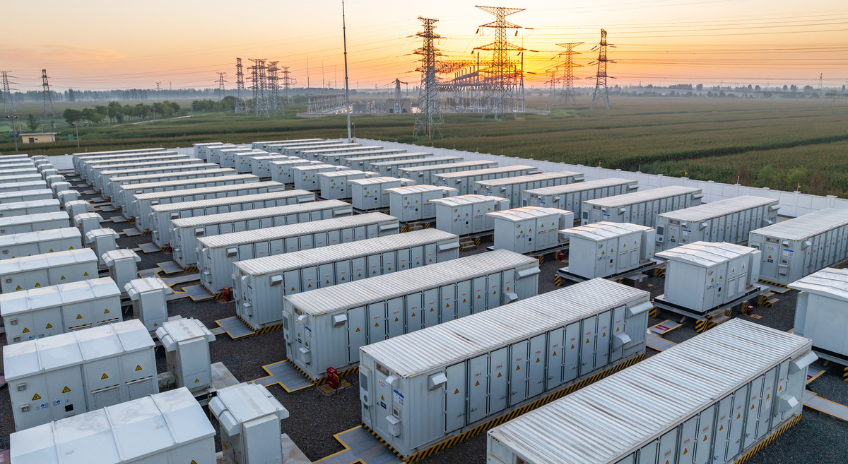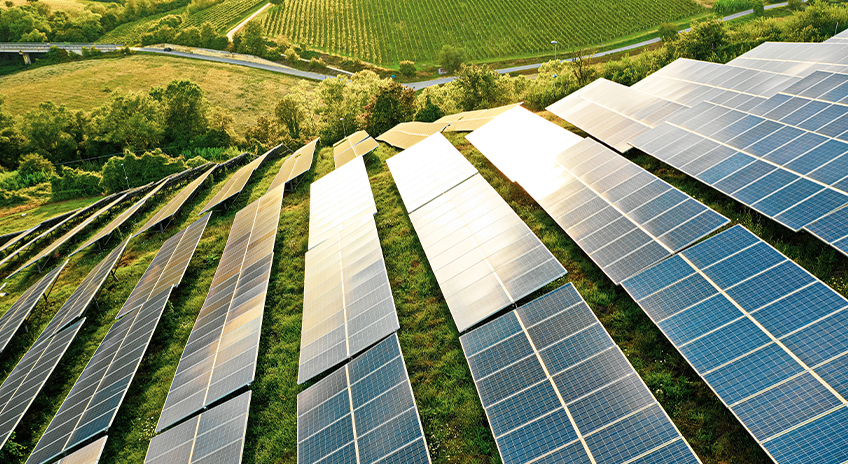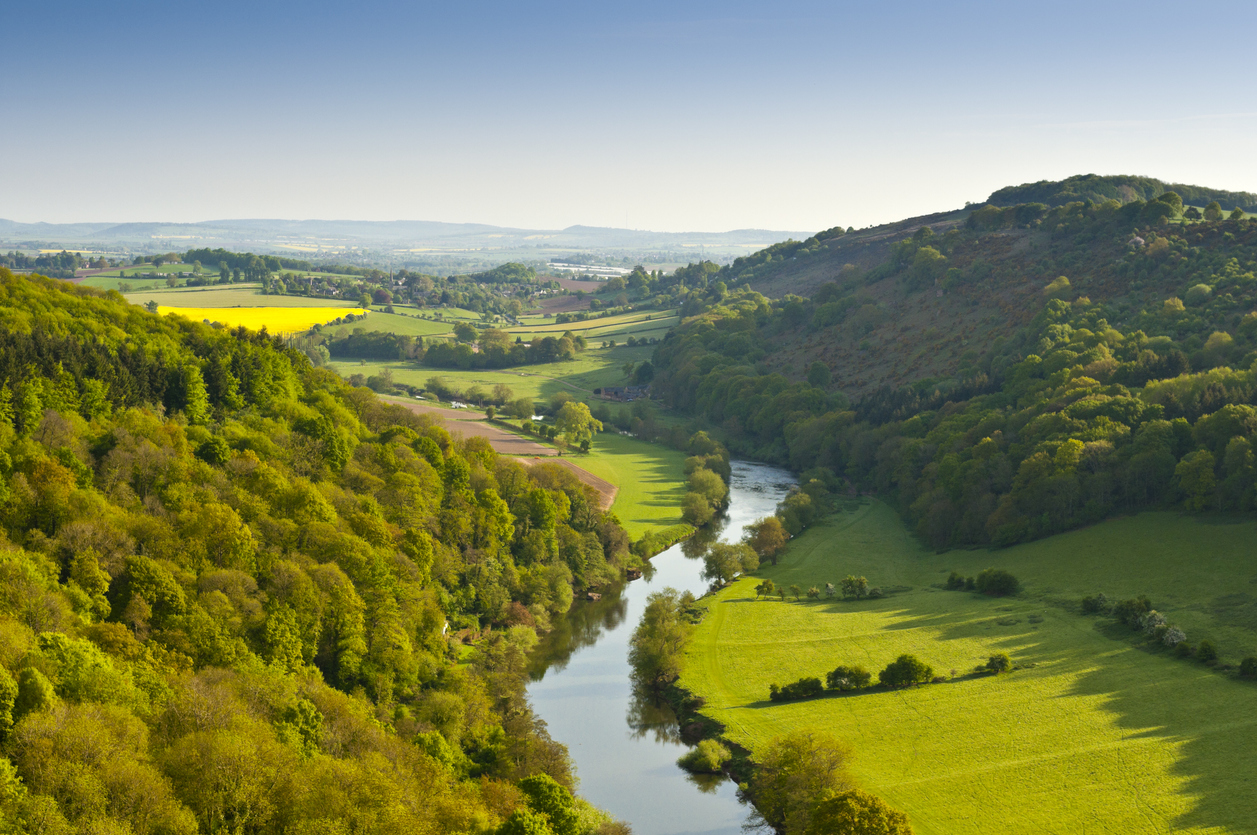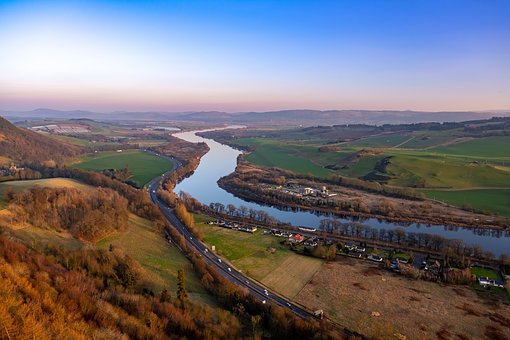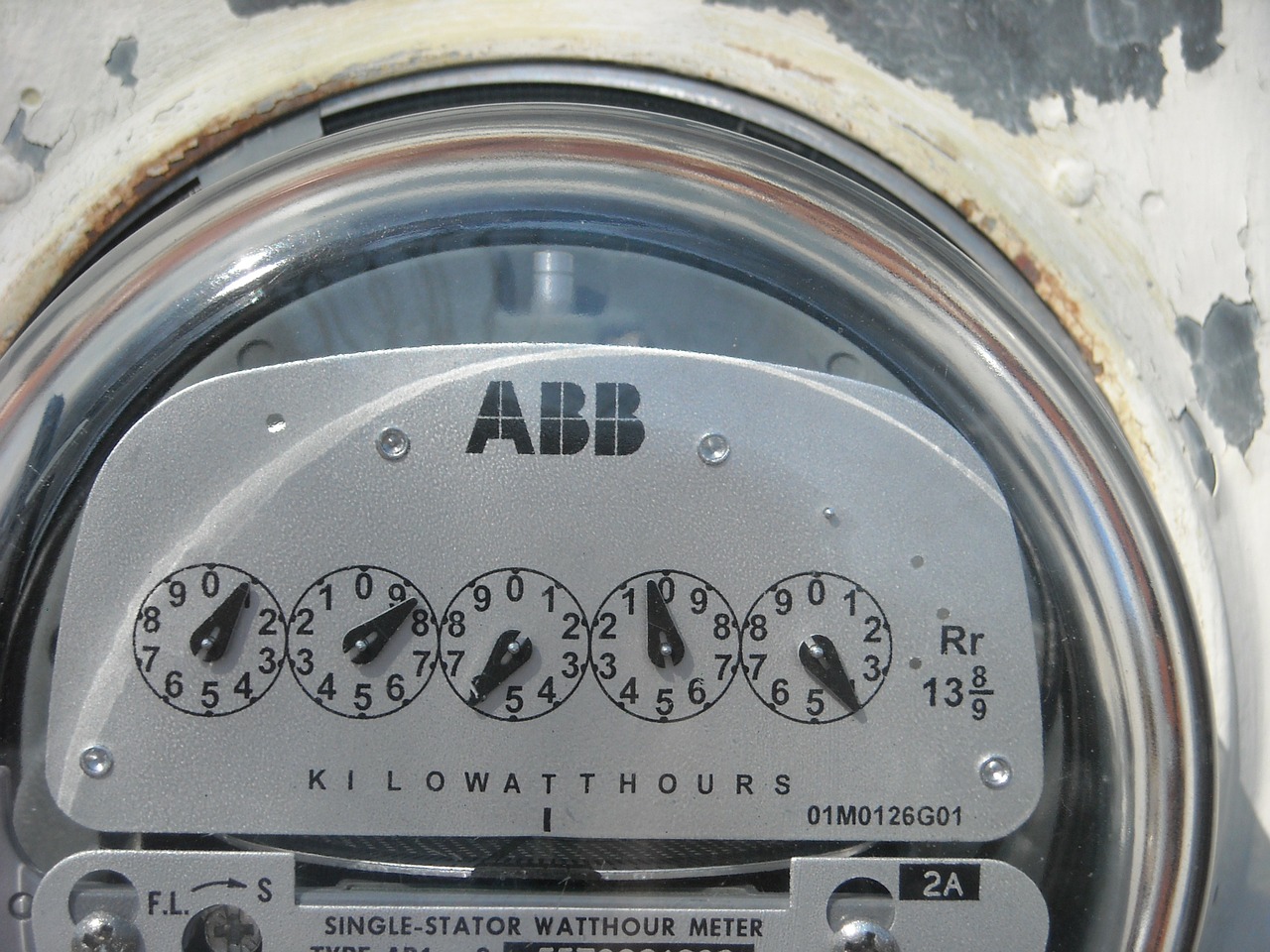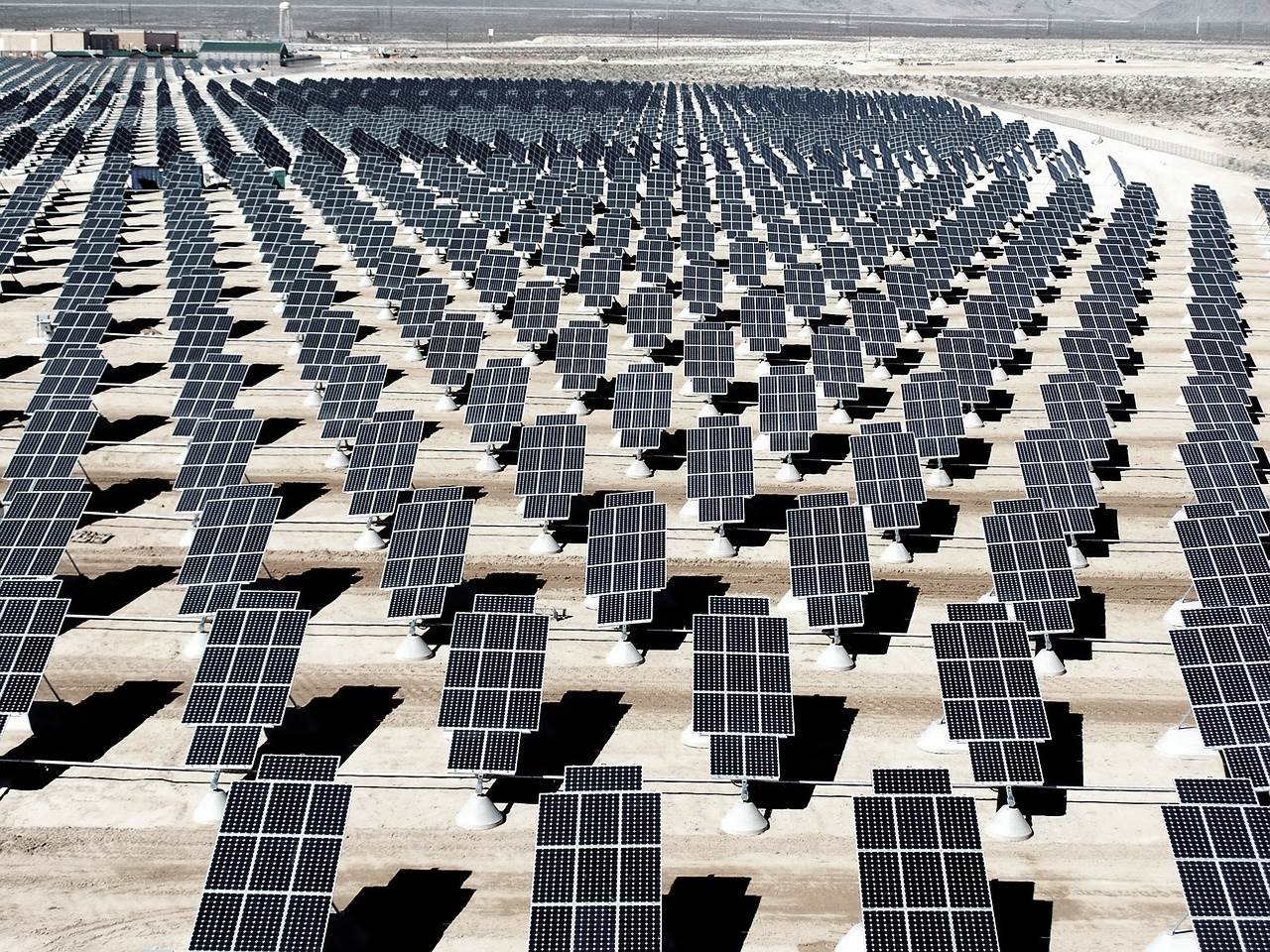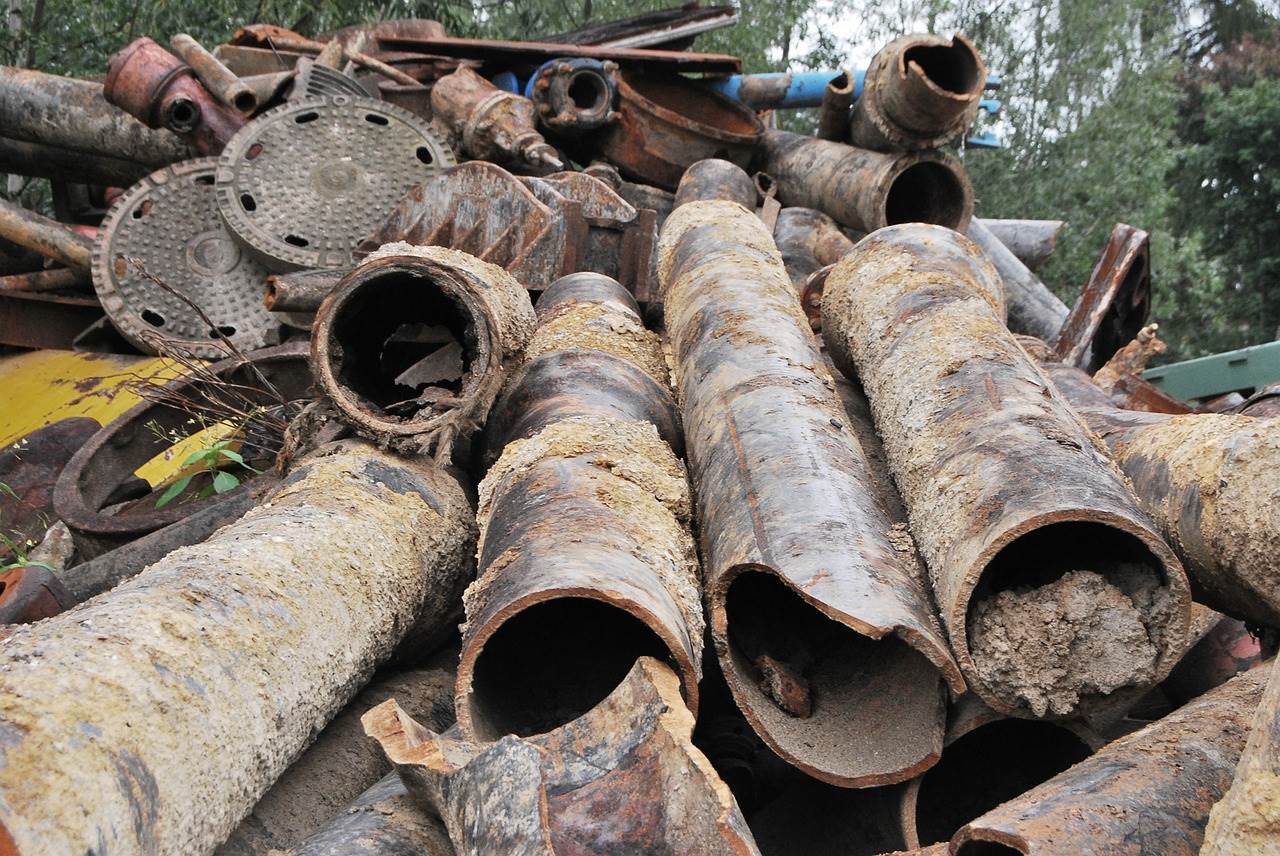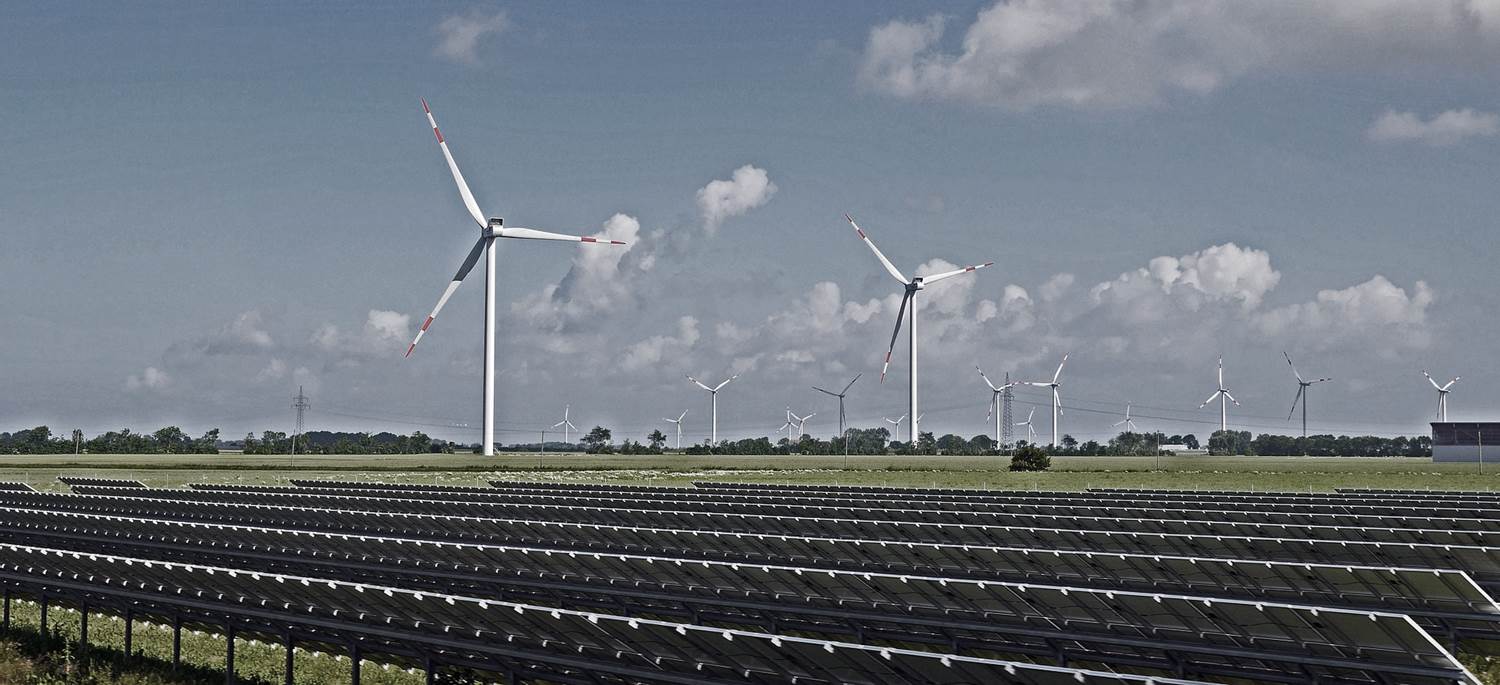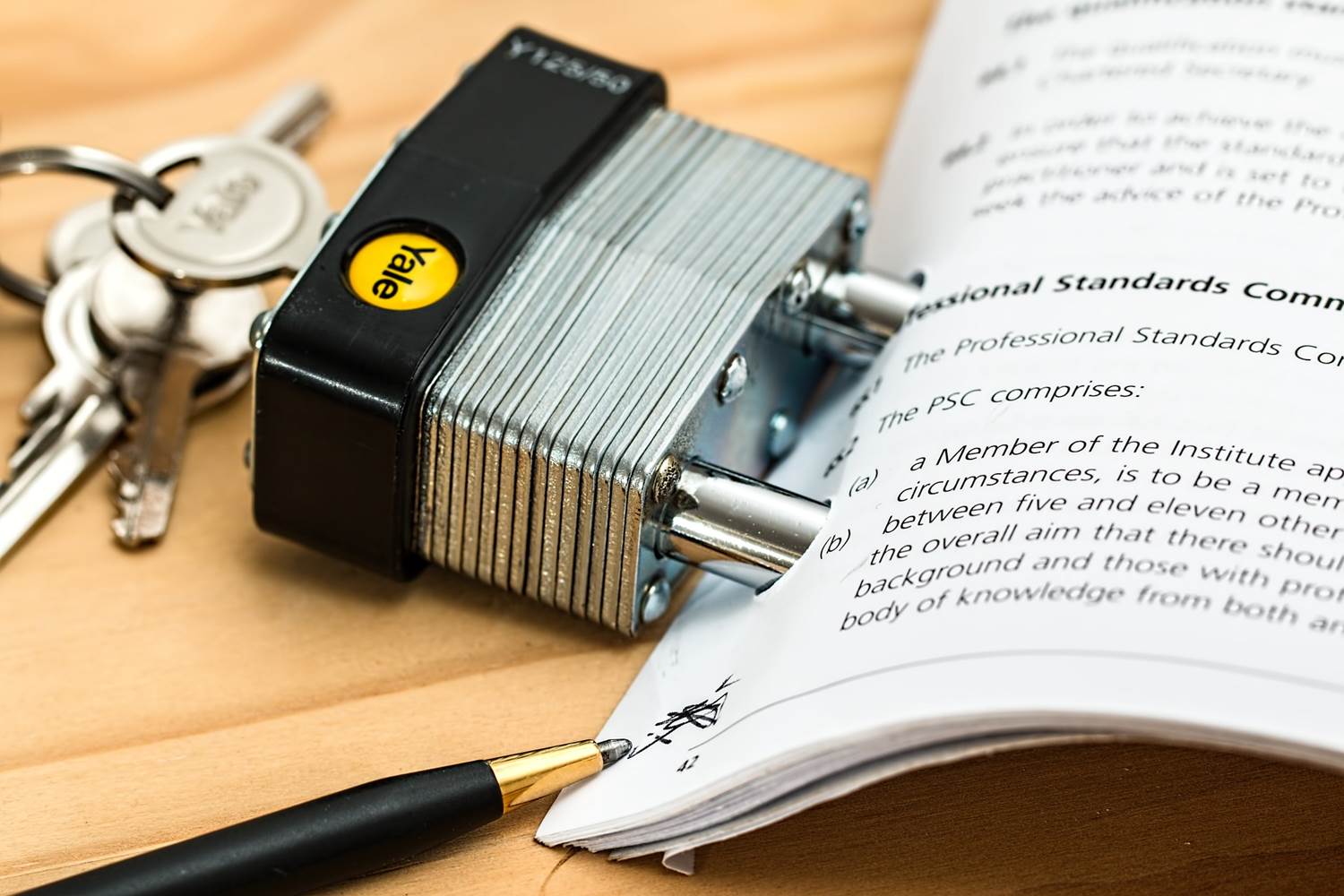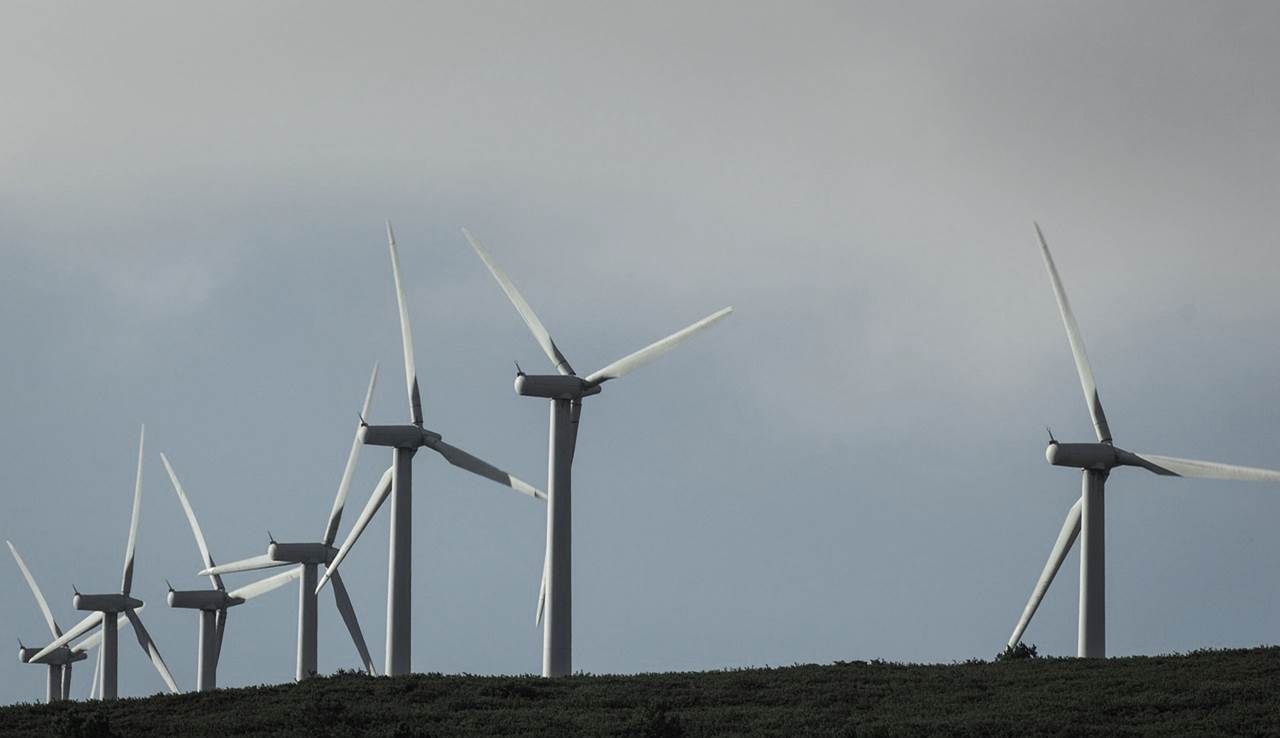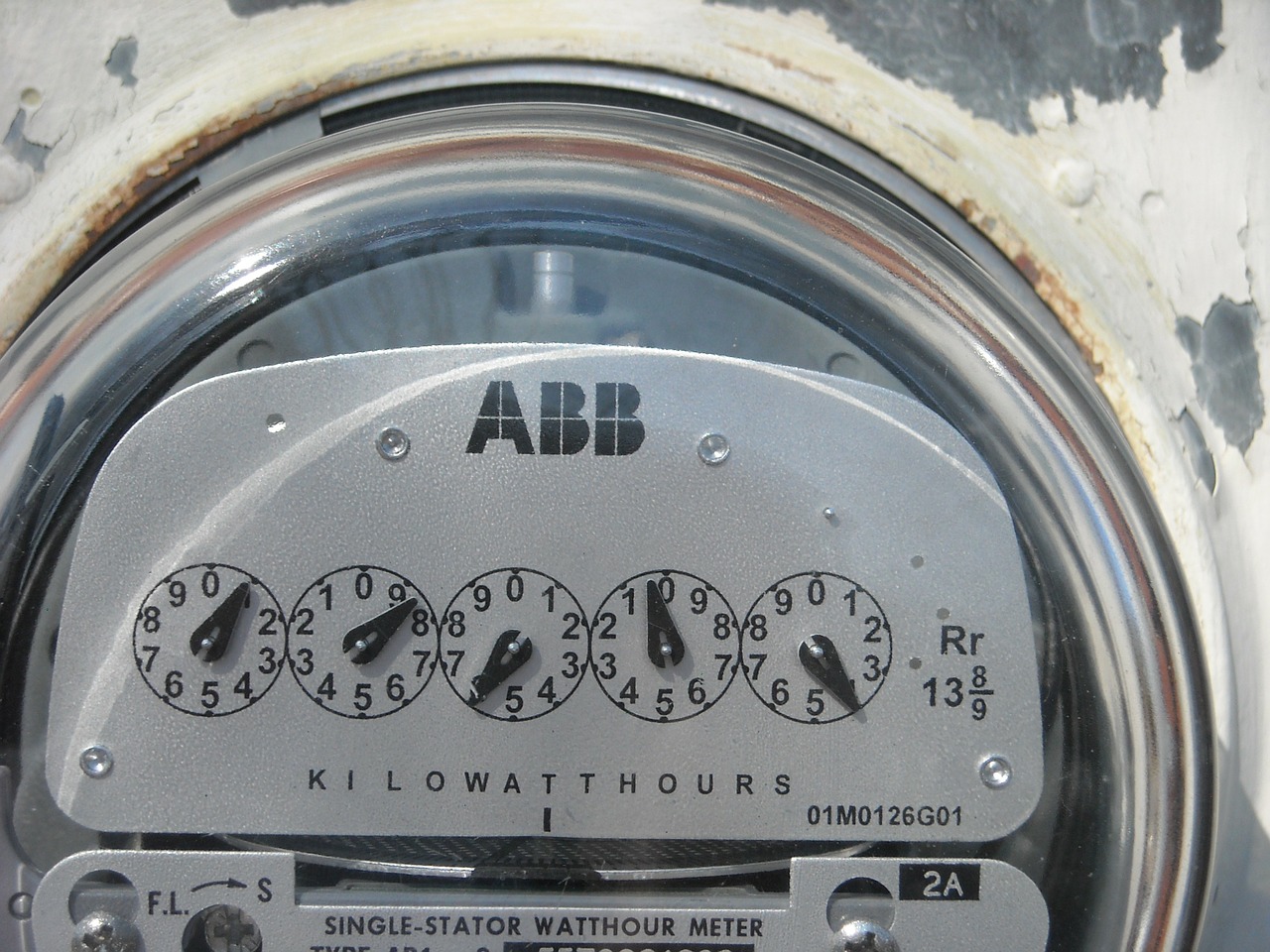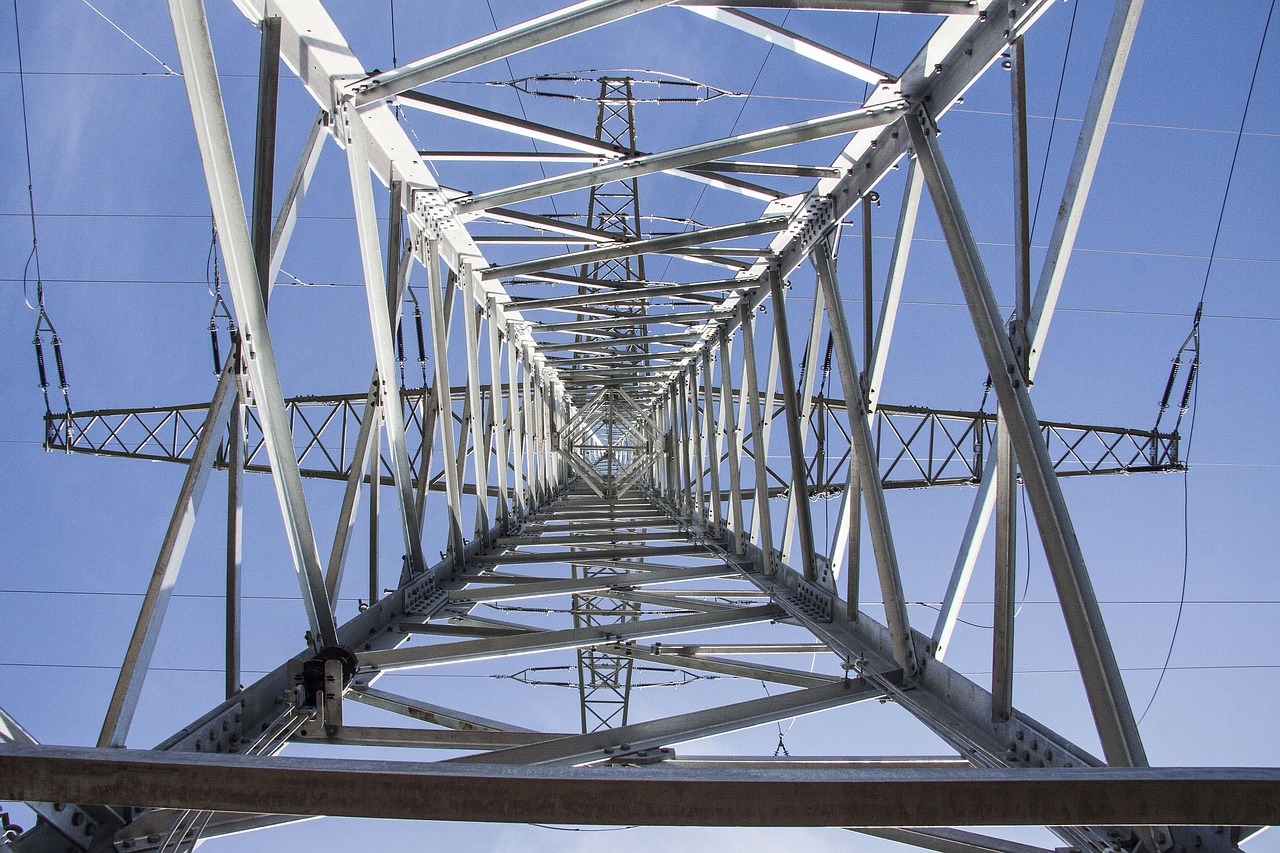
The Generation Game – Tory Election Pledge Puts Green Industry On Hold.
Date: 05/06/2015 | Energy & Natural Resources
During a general election campaign the most brazen promises tend to come from the parties with the least chance of winning rather than those who are best-placed to form the next government.
The ill-considered pledge by the Conservatives to effectively put an end to wind farm development may therefore say more about their belief in securing victory prior to the voters having their say last month. Many might wonder if they included this policy in their manifesto to simply appease a minority of their back-benchers and appeal to potential UKIP voters, thinking they’d unlikely end up in a position to actually have to deliver on such a commitment.
Regardless of the motivation for it, the Conservatives are now fully in charge with a majority government and are committed to rolling out their pre-election pledges which includes a ‘halt’ to building more onshore wind farms. While the party’s manifesto described how onshore wind has made a ‘meaningful contribution’ to the UK’s energy mix,’ the Tories claimed it did not provide a firm capacity for a stable energy system and promised to end public subsidies for it and change the law so that local people have the final say on windfarm applications.
The clear and unequivocal pledge to end future public subsidy is – surprisingly for a party focused on cutting costs – not based on economics. The new Hinkley Point nuclear power station will require significantly more public subsidy than onshore wind does without taking into account the legacy issues created by such a development. This manifesto commitment is rather based on public opinion and intermittency of supply and there’s no doubt that there will be those who voted for Conservative candidates precisely because of such reasoning.
However, those of us involved in the renewable energy sector believe issues of public opinion must be considered in the wider context of supply consistency, energy mix, cost and subsidy, all of which are all part of a complex web which does not lend itself to simplistic commitments to ‘halt’ the spread of onshore windfarms. Indeed it’s hard to see why any politician with even a modest knowledge of the significant and serious issues facing energy generation in the UK would give such an undertaking. Like it or not the UK’s energy economy is mixed and in light of our international commitments that mix must increasingly, and swiftly, be dominated by non-carbon energy sources. It must also be acknowledged that the UK’s onshore wind sector employs 19,000 people and generates more than five per cent of Britain’s electricity needs and more than 40 per cent of Scotland’s requirement.
Over the past week I have been asked on several occasions by those investing in, funding and developing renewables what is going to happen to public subsidy for UK onshore wind and if it is to be cut when this is likely to happen. The short answer is that no one knows that this stage. Given the presence and prominence of the sector north of the Border, it is therefore hardly surprising that Scottish Energy Minister Fergus Ewing has voiced his concerns to the Conservative Government about how and when they intend to implement this policy.
What we do know is that this current uncertainty will result in investors, funders and developers putting their plans on hold until there is greater clarity. We have seen this with the previous Westminster government’s dithering over public subsidies for SolarPV and the devastating effect that had on investment in the UK. Aside from the impact on securing energy supplies for the future, there is a real risk such investment and the economic benefits it brings with it will be lost to the UK forever. It remains to be seen whether the latest incarnation of government will have learnt any lessons from their immediate predecessors and will ultimately do what is best for national rather than party interests.
Enter the fray one Amber Rudd MP, the newly appointed Secretary of State for Energy. Prior to May’s election she may have only dreamt of having a job in government but she is now faced with a potential nightmare scenario as she finds herself caught between the rock of her party’s manifesto commitment and the hard place of averting a potential energy crisis.
This article first appeared in The Scotsman on Monday 8th June 2015.


